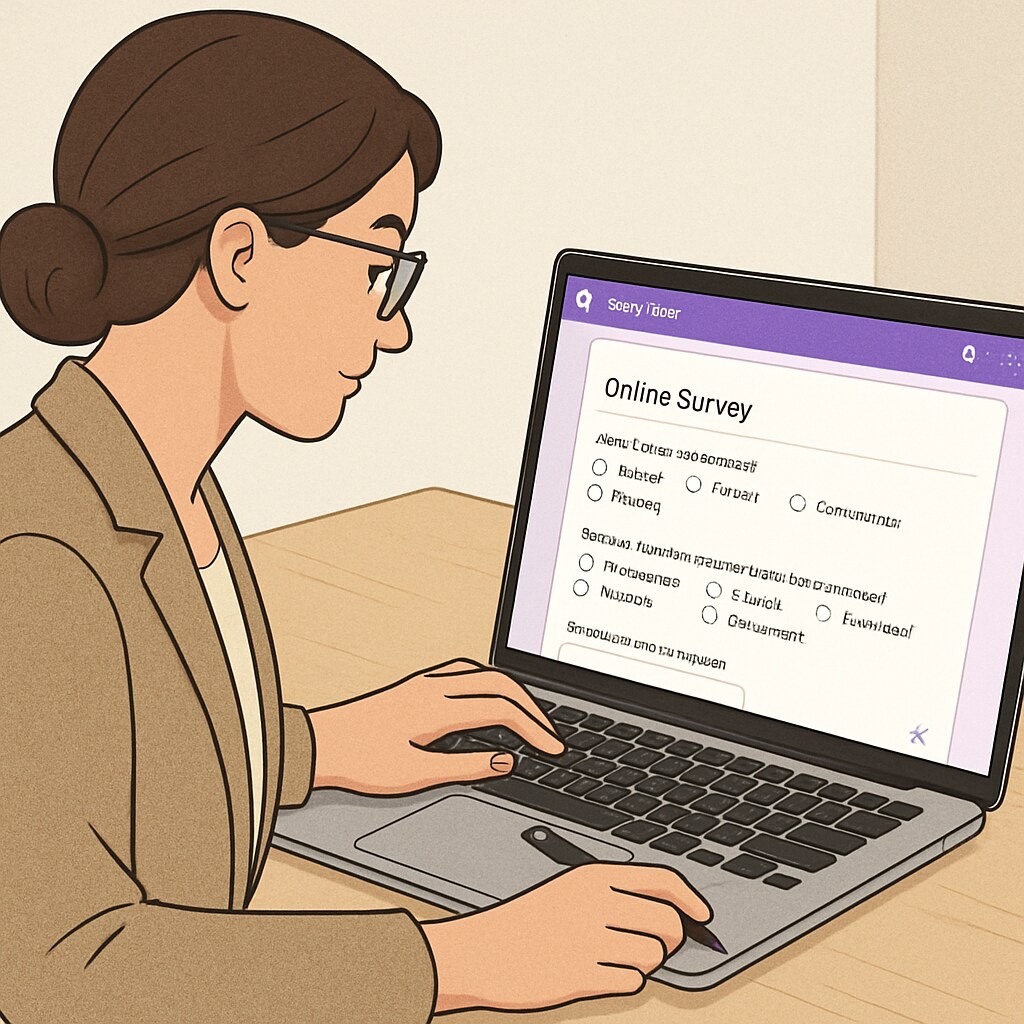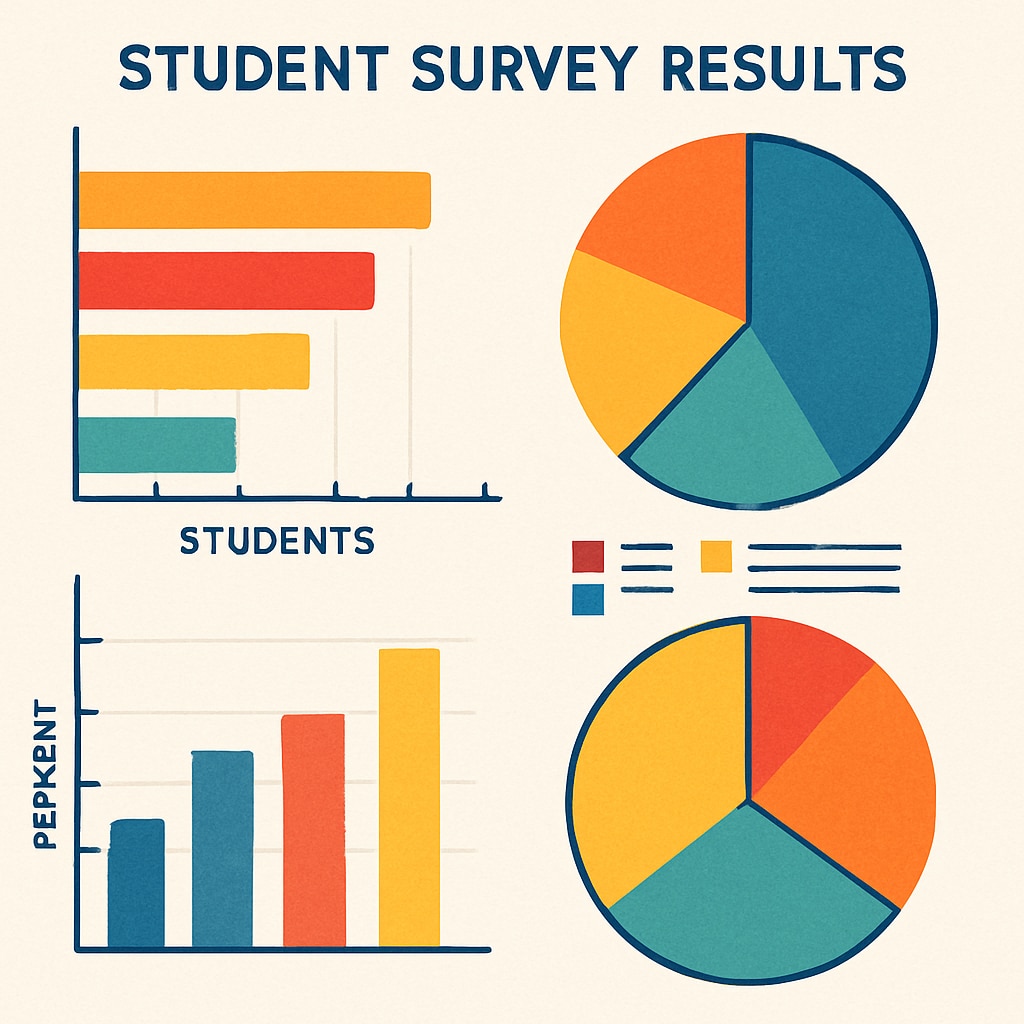**Research questionnaires** and **Google Forms** have become indispensable tools for modern K12 education studies. These digital solutions streamline data collection while maintaining academic rigor. According to Google Education, over 40 million educators worldwide now use Forms for academic research.
Designing Effective Education Surveys
Creating impactful research instruments requires strategic planning. Follow these best practices:
- Limit questions to 10-15 key items (prevents survey fatigue)
- Use multiple question types (multiple-choice, Likert scales, open-ended)
- Apply conditional logic to personalize respondent experience

Streamlining Data Collection
The Google Forms platform offers unique advantages for school-based research:
- Real-time response tracking
- Automatic data validation
- Mobile-friendly accessibility
For example, a middle school teacher studying reading habits can:
- Distribute surveys via email or classroom QR codes
- Monitor completion rates in Google Sheets
- Filter responses by grade level or demographic
Advanced Analysis Techniques
Transform raw data into actionable insights with these methods:
- Cross-tabulate responses using pivot tables
- Visualize trends with built-in charts
- Export to statistical software for deeper analysis

Implementation tip: Always pilot test your questionnaire with a small group before full deployment. This identifies confusing questions and improves data quality.


